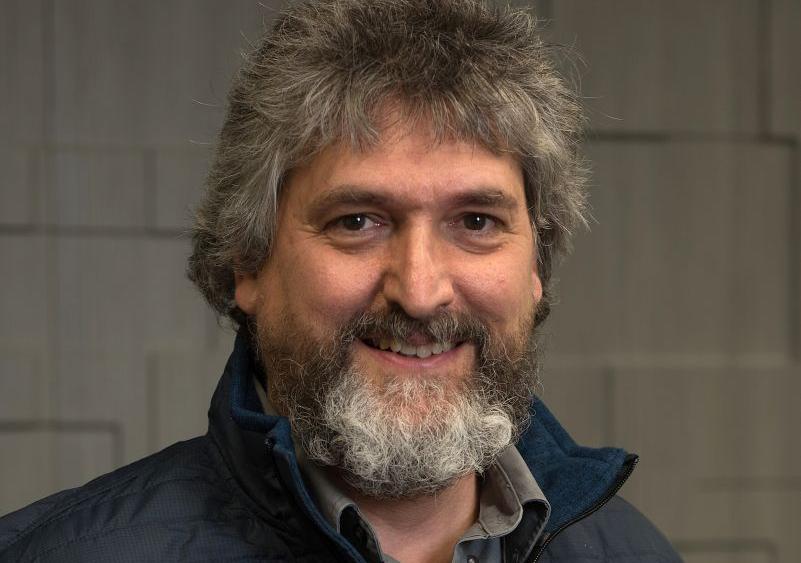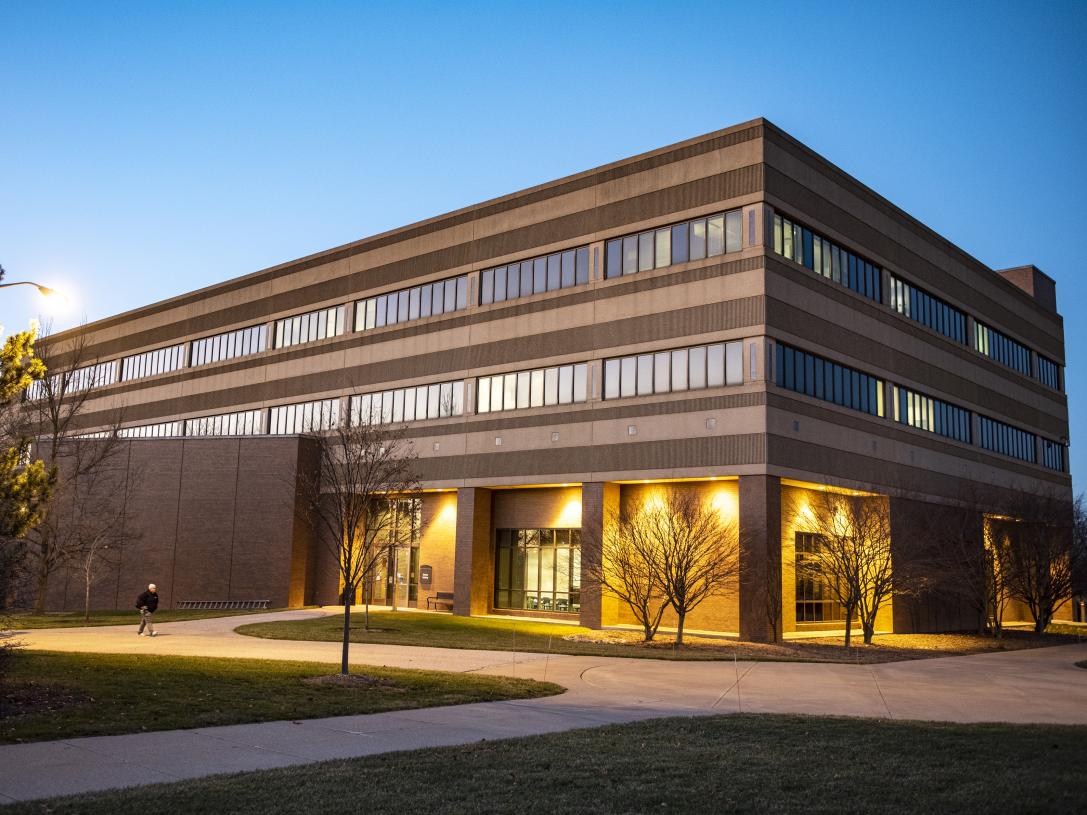
News Release
Students to explore the stars with new astronomy and astrophysics concentration
FORT WAYNE, Ind.—Galileo Galilei, Isaac Newton, Nicolaus Copernicus, Carl Sagan, Stephen Hawking, Neil deGrasse Tyson, and Edwin Hubble all have similar things in common: a love of learning, passing that learning on to others, exploring the heavens, and being an astronomer and/or an astrophysicist.
Beginning with the fall 2020 semester, students at Purdue University Fort Wayne will be able to follow in these scientists’ footsteps when the Department of Physics begins offering a concentration in astronomy and astrophysics. This will be the only program of its kind in northeast Indiana.
Current students have already expressed their interest and plan to sign up for the concentration, which will be integrated with physics courses, in a four-year program. Students will graduate with a Bachelor of Science in physics with a concentration in astronomy.
The classes included in the concentration are:
- ASTR 100—Planetary Astronomy
- ASTR 105—Stellar Astronomy
- PHYS 135—First three minutes (introduction to cosmology)
- ASTR 364—Stellar Astronomy (advanced)
- ASTR 370—Cosmology
- ASTR 401—Astrophysics
Special sections on optics and optics laboratory will be offered, along with more classes in astrophysics which will look at instrumentation and include:
- PHYS 361—Electronics for Scientists
- PHYS 536—Instrumentation
- PHYS 405—Atomic and Molecular Physics OR PHYS 524—Spectroscopy
“Much like physics students, the astronomy students can apply their experimental, data analysis, and other skills to many different fields,” says Mark Masters, professor and chair of the physics department. “They are problem solvers. They will be able to have careers that range from the financial industry, programming, engineers, technicians, and astronomers.”
Some of the things the astronomy students will learn include not only how a telescope works, but how to build one and use it. They will also know how to analyze data, do remote sensing, and how to program and simulate data.
Masters adds, “The students who choose to follow the astrophysicist path will have a skill set in project management and will be able to design an instrument package for a satellite.”
With renewed worldwide interest in space programs, it’s not hard to imagine one of Purdue Fort Wayne’s graduates with this degree and concentration being involved in missions to Earth’s moon, Mars, and beyond.
The online schedule of classes for the fall 2020 semester will be posted by the end of February, with staggered registration beginning in March.
For more information on the program, contact Professor Masters at [email protected].
###




